| | Join me in my discussion with Princess Mona as we explore how to shift the lens on your parenting and why this changes everything; why you don't have to be a perfect parent; why the best time to meditate is with a tantruming two year old; and why parenting is the best mechanism to change the world! This stimulating conversation will give you some new insights on why it is so important to be the change you want to see in your kids. |
Mona Naidoo (aka Princess Mona) is a life and abundance coach, helping women to transform their lives and finances and to step into their power in the world. For more of Mona's tips and insights, join her community on Facebook.



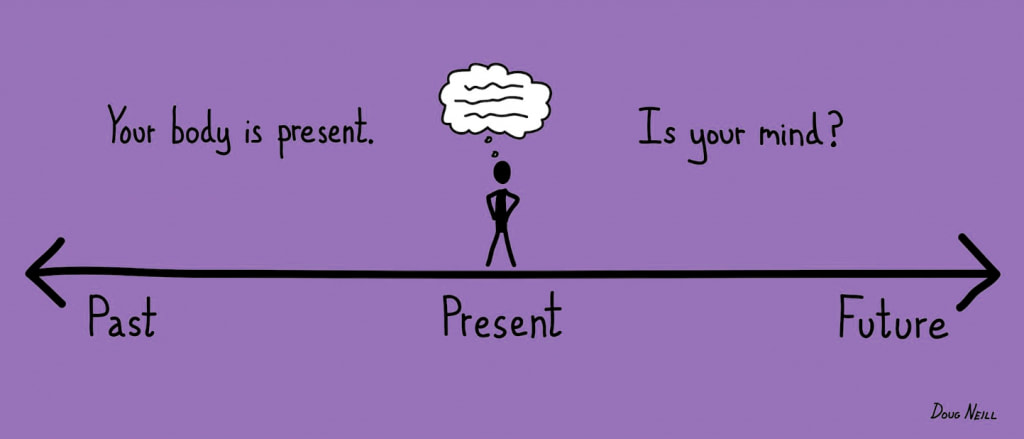
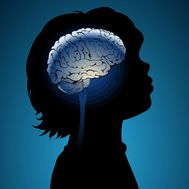


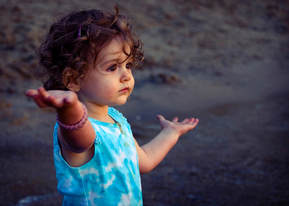





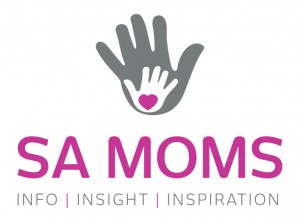

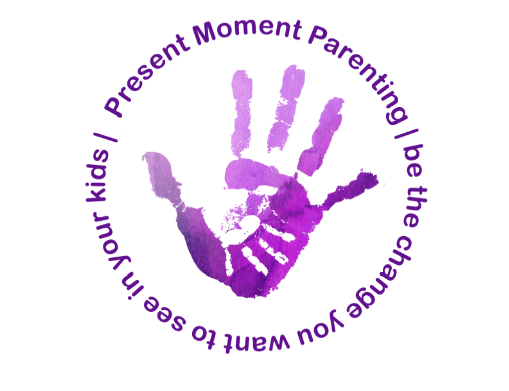
 RSS Feed
RSS Feed